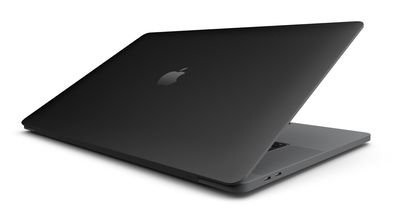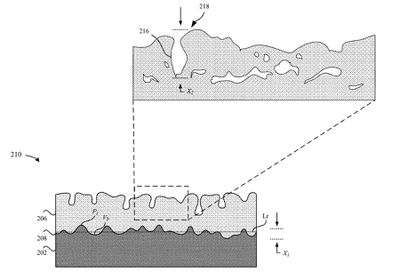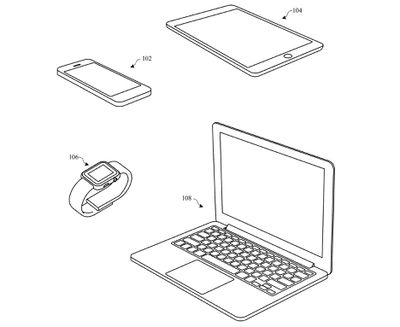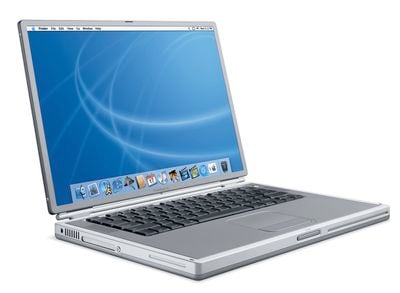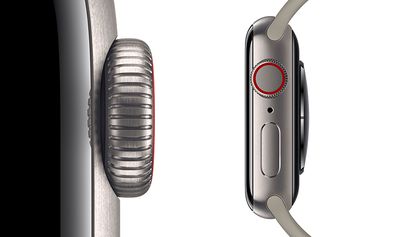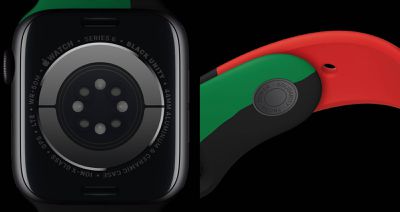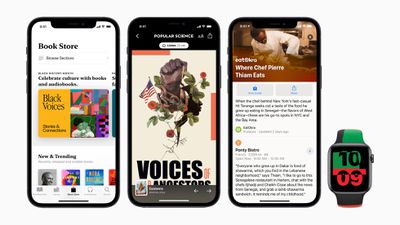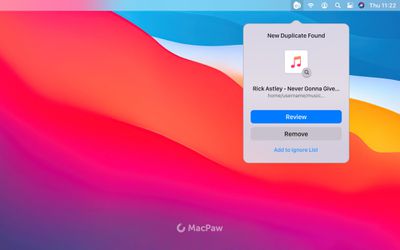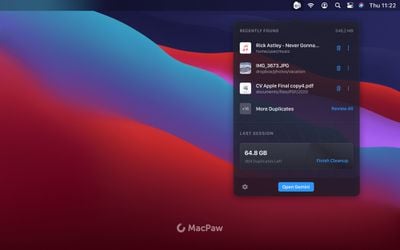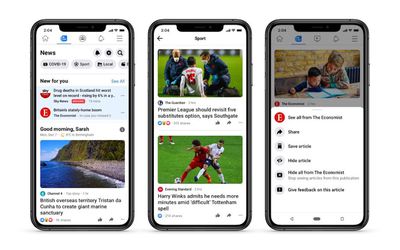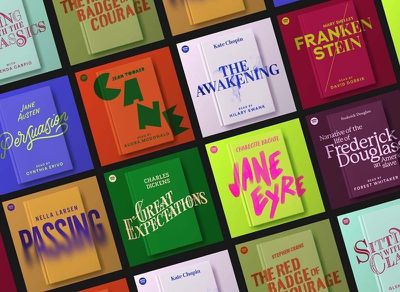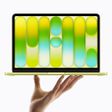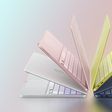Apple today released iOS 14.4 and iPadOS 14.4, and along with a handful of minor new features, the software introduces security fixes for three vulnerabilities that may have been used in the wild.
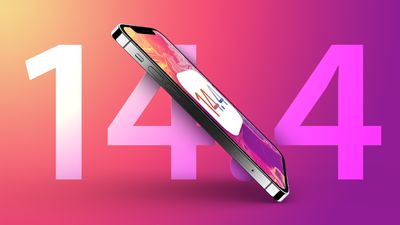
According to a security support document shared by Apple, there were kernel and WebKit vulnerabilities affecting all iPhones and iPads running iOS or iPadOS 14. The kernel vulnerability could allow a malicious application to elevate privileges, and Apple says it is aware of a report that the issue may have been actively exploited.
Available for: iPhone 6s and later, iPad Air 2 and later, iPad mini 4 and later, and iPod touch (7th generation)
Impact: A malicious application may be able to elevate privileges. Apple is aware of a report that this issue may have been actively exploited.
Description: A race condition was addressed with improved locking.
CVE-2021-1782: an anonymous researcher
Apple also says a WebKit issue that allowed for a remote attacker to cause arbitrary code execution may have been actively exploited.
Available for: iPhone 6s and later, iPad Air 2 and later, iPad mini 4 and later, and iPod touch (7th generation)
Impact: A remote attacker may be able to cause arbitrary code execution. Apple is aware of a report that this issue may have been actively exploited.
Description: A logic issue was addressed with improved restrictions.
CVE-2021-1871: an anonymous researcher
CVE-2021-1870: an anonymous researcher
There is no other information available at this time, but Apple's support document says that additional information will be "available soon."
Given that significant vulnerabilities are patched in the iOS 14.4 and iPadOS 14.4 updates, those running iOS 14 should update as soon as possible.


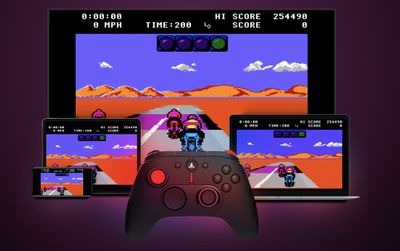
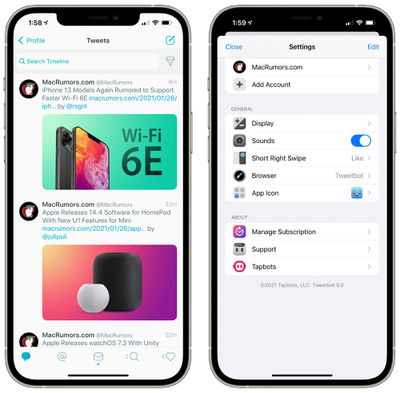
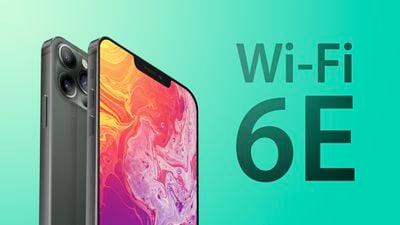
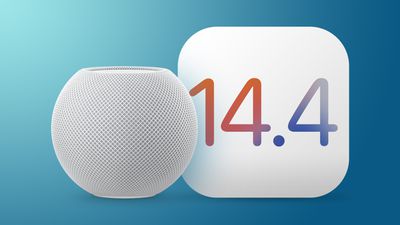
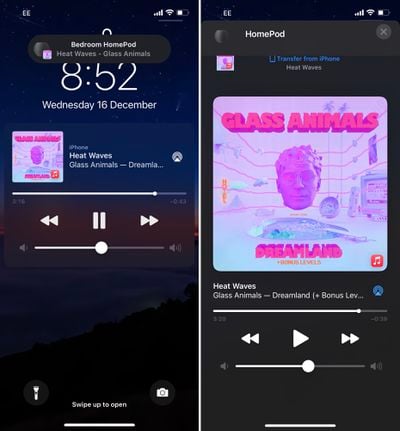
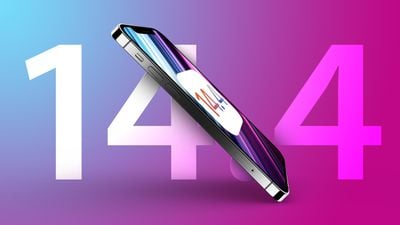
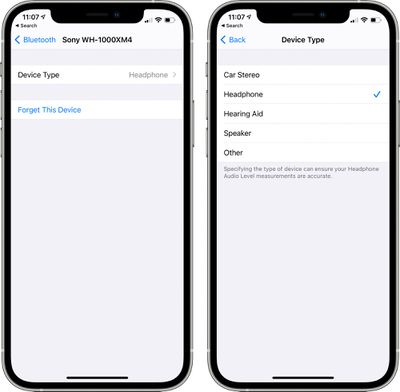
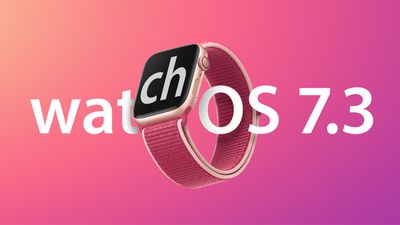
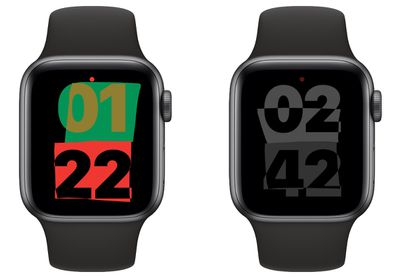
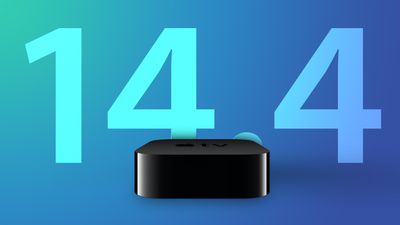

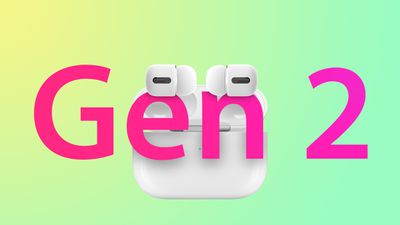
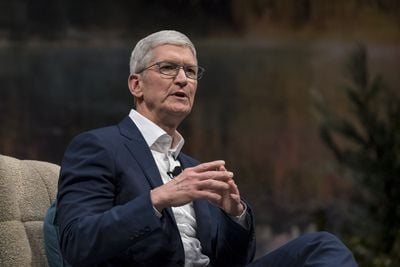
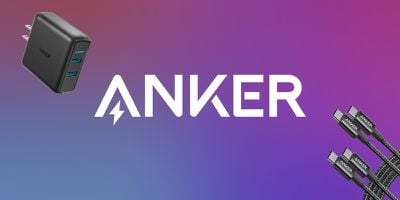 Note: MacRumors is an affiliate partner with Amazon. When you click a link and make a purchase, we may receive a small payment, which helps us keep the site running.
Note: MacRumors is an affiliate partner with Amazon. When you click a link and make a purchase, we may receive a small payment, which helps us keep the site running.